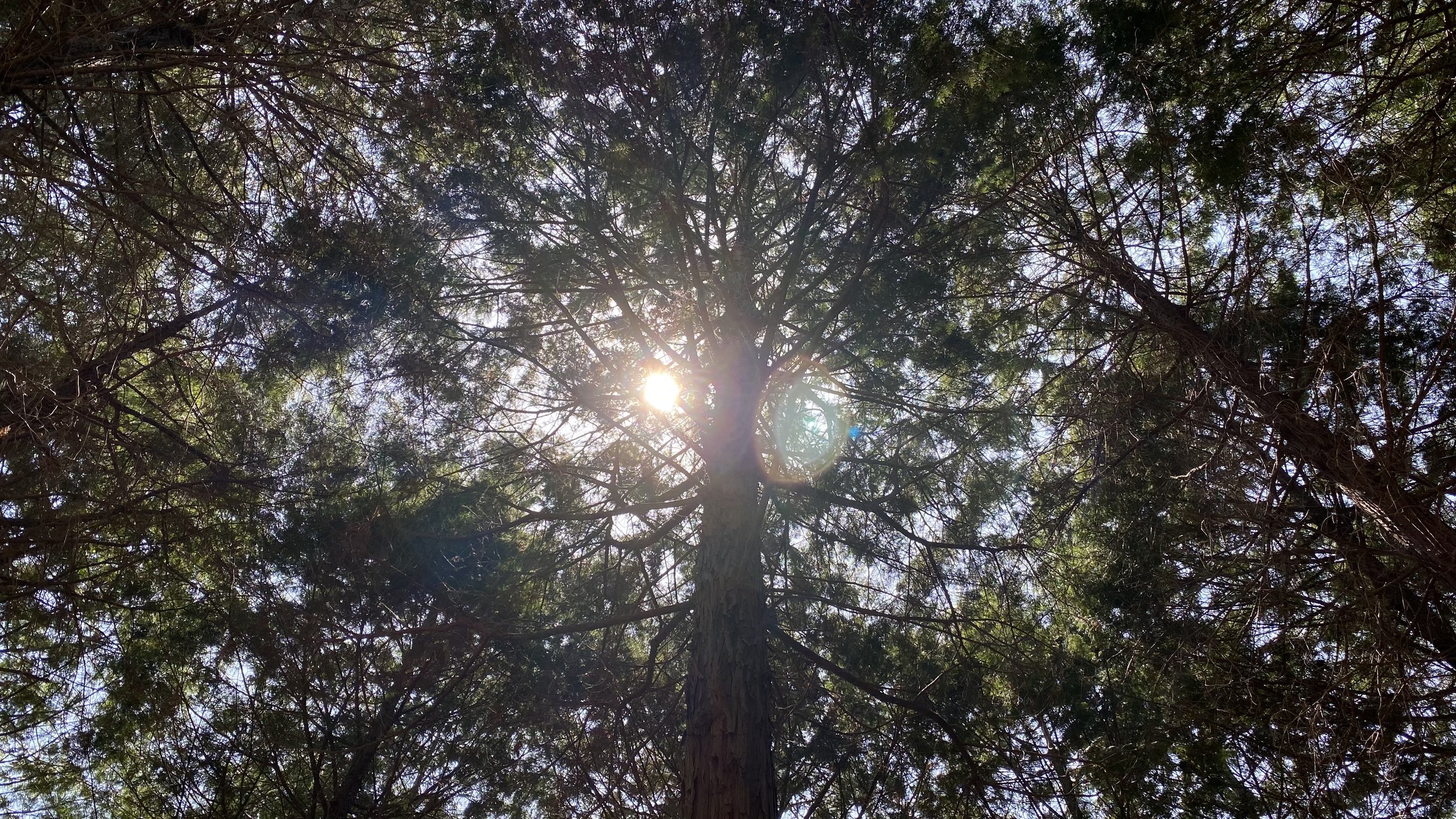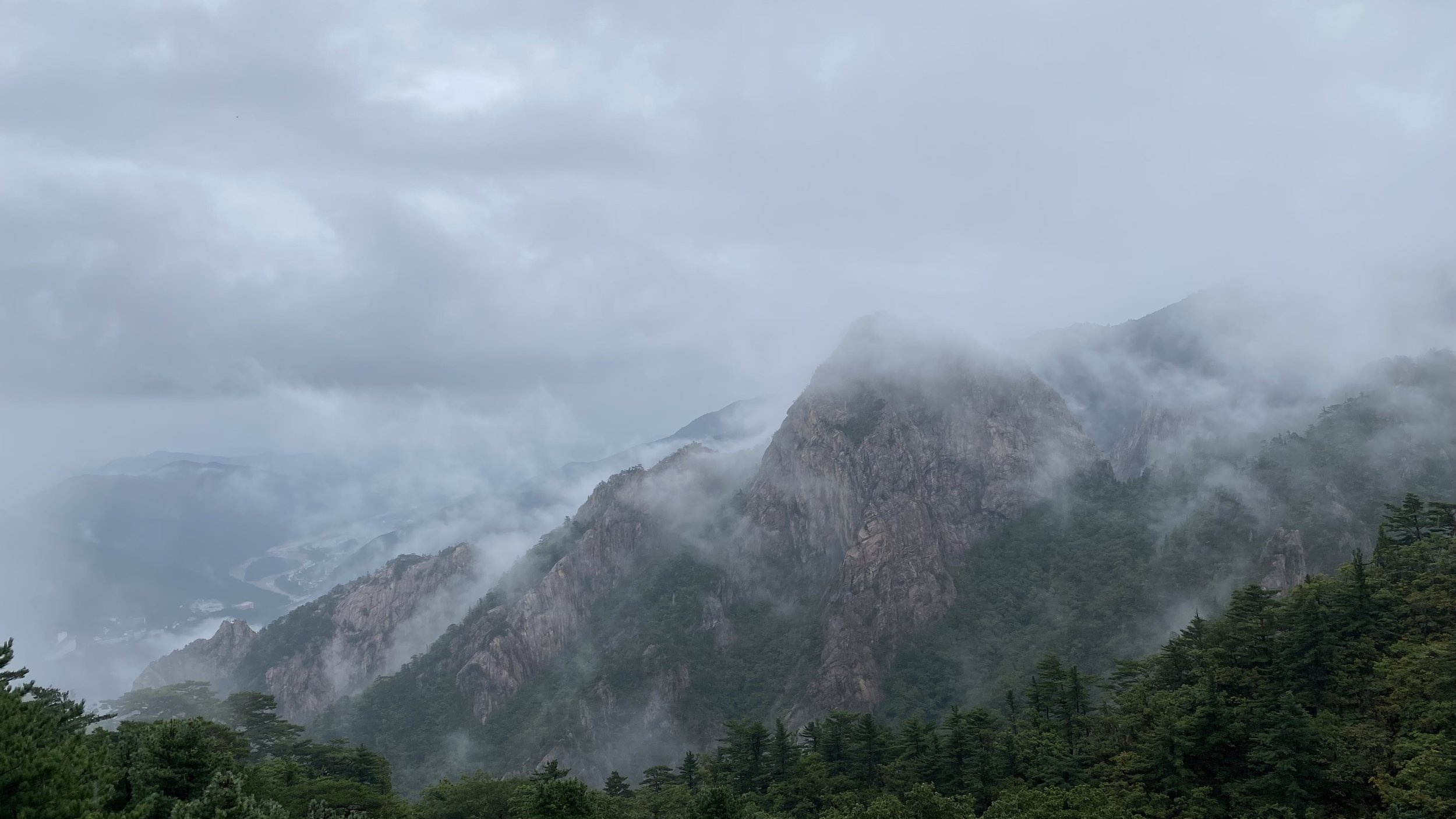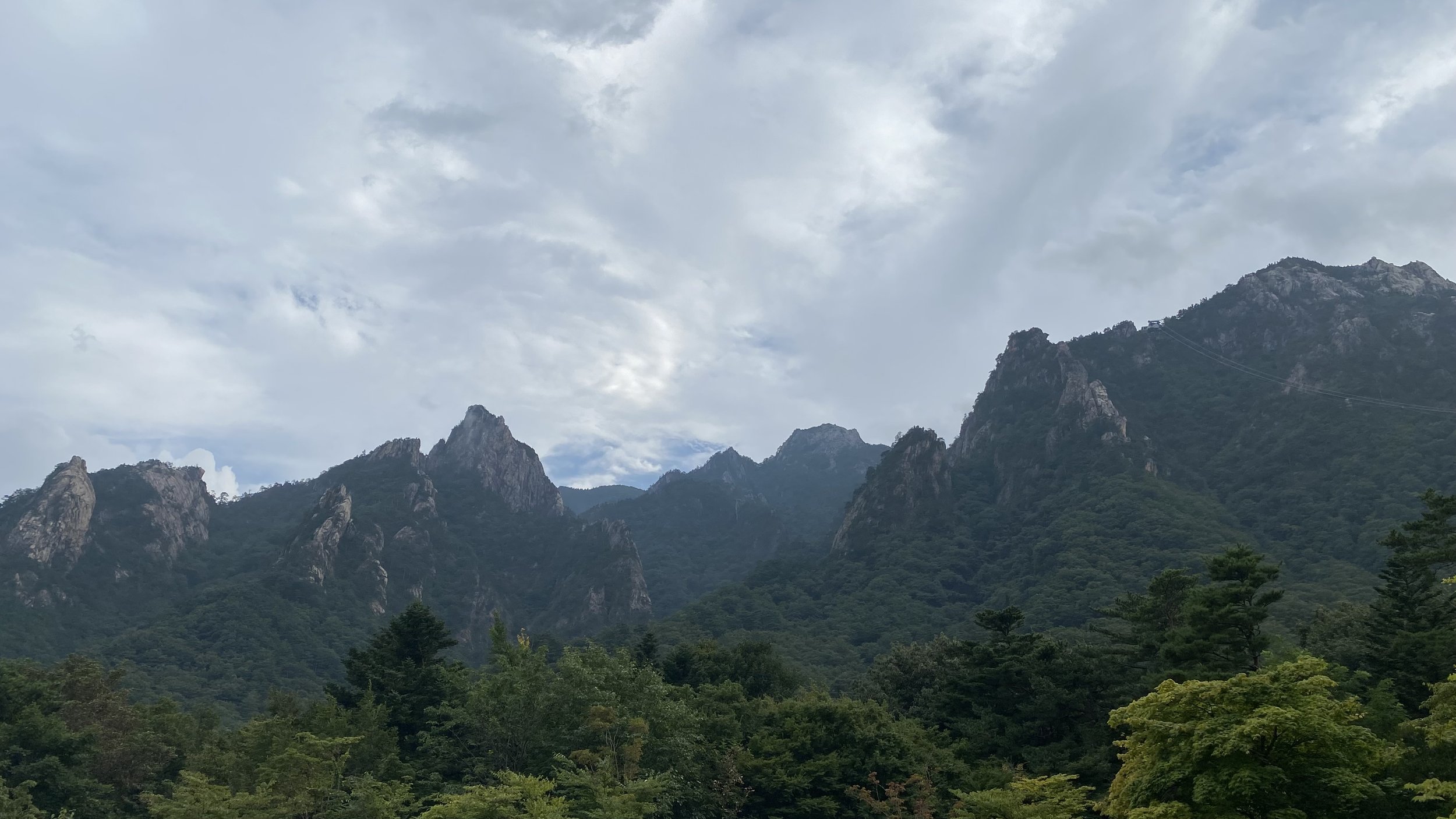FOR THE SAKE OF ASIA
Happy New Year! Welcome to my fifth season of blogging. Thank you for reading and engaging with my interior journey. This year’s first entry reads more like an update that will set the tone for the year ahead.
“For the sake of Asia” was the phrase that was repeated twice to me by a reputable leader in Asia. A couple of weeks ago, I was asked to prayerfully consider joining a Spiritual Direction program and eventual partnership for the sake of Asia. He told me that he was led by the Spirit to ask me. Ever since then, the phrase, “for the sake of Asia,” has lingered with me. At the same time, when I look back on this year, the phrase does not come as a surprise at all. On my 60th birthday, one of the keywords that was given to me was “Asia.” The bookended theme this past year was Asia, with confirming divinely appointed details in the middle.
2023 was a whale of a year. 2023 can be surmised to be a welcoming culmination and forward movement after waiting and discernment for the last four years. As a result, 2024 is about to start with a bang after much waiting and seeking. My wife and I are to depart to Malaysia in early February for about a year eventually en route to Korea, hopefully in 2025.
Back in 2020 summer, in the middle of our sabbatical, there arose a glimmer of desire that God might be calling us to Korea. The only way to ascertain the calling was to go to Korea in the height of the pandemic which meant we had to undergo two-week mandatory quarantine upon arrival. Though our movements and activities were severely limited, we sensed without a shadow of a doubt that God was indeed calling us to Korea.
Concurrently, we also began to discern that God was not only calling us to Korea but to a wider Asia. This discernment led us to a venturesome six-month-long exploration in Southeast Asia and Korea earlier this year. The result was unmistakably affirmative. Korea remains our top desire and destination for ministry but with the whole of Asia in our purview.
For close to forty years of ministry, we stayed back in the US (or held back in the US for different reasons at different times) primarily in the areas of mobilization and leadership. About ten years into our ministry, I tried to convince my wife to pack up and go to Asia, but my wife was not convinced. Ten years later, my wife initiated a similar dialogue with me about going overseas. After some time, I told her that I did not sense the calling. Though these two incidents were short-lived, they spoke volumes of the latent desires of our hearts.
This time, we both have discerned God is on the move and we both are ready, ready to embrace what God may have for us. The last four years have trained us to “trust the river and the Giver.” What we, together, want to do is simple and clear: spiritual direction ministries (both individuals and groups), hospitality (creating a space of freedom for people to dance their own dances and sing their own songs), writing, and speaking. I hope to publish my first book in English and my second book in Korean next year, God willing. We have multiple trips lined up in 2024 (three trips to Korea, three trips to the Philippines, and multiple trips to Singapore, Japan, Thailand, Indonesia, and Vietnam (the latter three probable).
All in all, we remain grateful to God for where we are in life and what we are about to do. Our doing has been long in the making and stemming right out of our life’s experiences and desires. Looking back, “Asia” makes great sense (not that everything in life has to make sense), and that we feel we are poised for this unique and daring season of life.




















